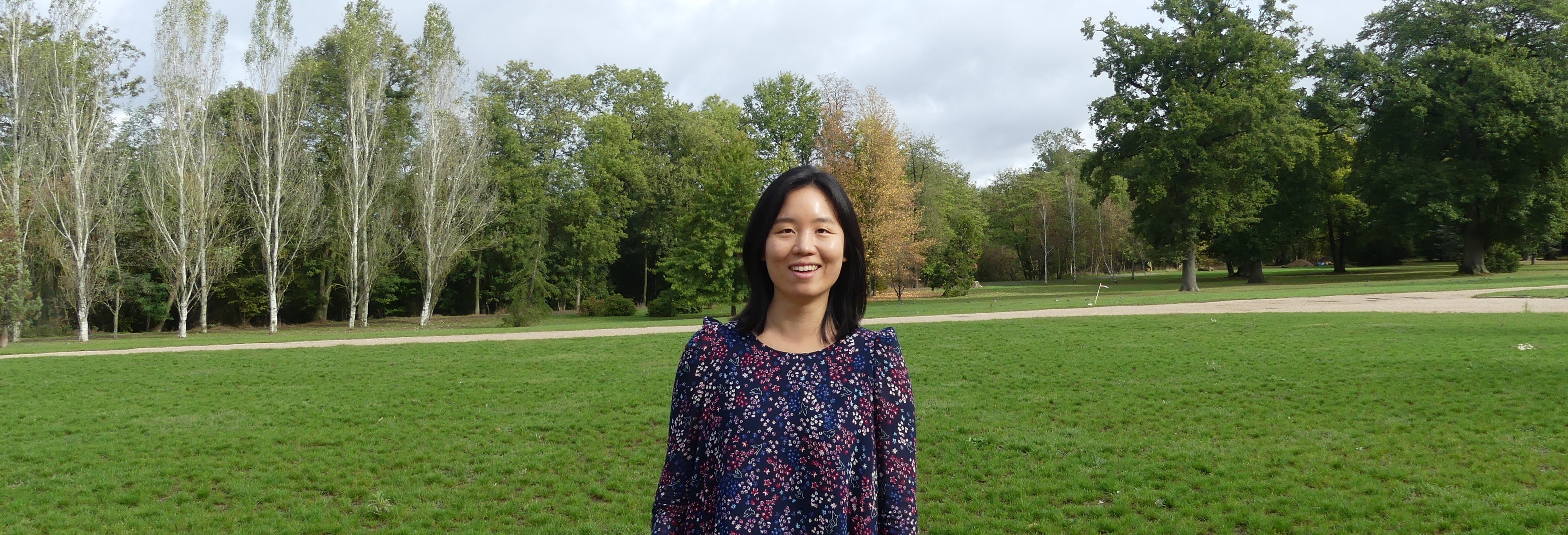
As part of our profiles of TIM people, let us introduce Elie Sung of HEC Paris which is in, not unsurprisingly, France. Elie, you recently won a TIM award at the virtual conference of 2020. Congratulations! So…
What are your research interests right now?
I am interested in how firms react to innovation policy and how in turn they shape it through corporate political actions. My work is informed by innovation research on the rate and direction of innovation that often finds a heterogeneous impact of innovation policies. Policies tend to change the business environment in ways that are both advantageous for some types of firms and disadvantageous for others. Such changes in a firm’s business environment is critical enough for competitive advantage and survival that firms are bound to attempt to influence those policies. As a result, I am interested in understanding how a firm’s innovative activities and its strategy on the market is combined with its non-market strategy.
What do you think is your most exciting contribution to academia?
My most exciting contribution is to incorporate non-market strategy to innovation strategy, which has focused on market strategies for the most part. Innovations such as social networking sites, autonomous vehicles, and CRISPR bring into question the need for new public policies. Meanwhile, policymakers struggle to keep up with the knowledge relevant to understanding new forms of innovation. In comparison, firms have a better understanding of the innovations they produce and their commercialization strategy. This provides firms with opportunities to sway government officials into making decisions that are beneficial for their business.
At the 2020 Conference you won an award from TIM. Tell us about your dissertation and why you think its findings are important.
My dissertation builds on the long tradition of innovation research that examines changes in firms’ rate and direction of innovation. It aims to help further our understanding of firms’ innovation strategy by examining their actions in non-market arenas along with their market strategies.
In a chapter of the dissertation, I leverage a shock created by the US Supreme Court to show that the common belief that weaker patents lead to fewer innovations is incorrect (for a specific aspect of patent strength), while also highlighting the clashing interests of firms that use different patenting strategies. Another chapter examines the fact that firms motivated by the heterogeneous impact of patent policy attempt to influence US Supreme Court decisions. A novelty of this chapter is to examine corporate political strategy in the judicial branch of government, which tends to be neglected because it is often considered as a mere venue of recourse. However, the fast pace of innovation relative to traditional policy-making in the elected branches of government has led the judicial branch to become the central source of changes for patent policy. In this setting, I examine how firms with different (market) innovation strategy conduct corporate political actions, specifically how they provide information strategically to influence policies that will shape their business environment.
Tell us something personal about yourself.
I was born and raised mostly in France, except for a couple of years in Seoul and in Brussels. More recently, I spent my PhD years in Atlanta. I like sports and enjoyed very much playing beach volleyball at Georgia Tech. Now I live in Paris. I am trying sports that are compatible with the weather and the sanitary situation, like hiking in the outskirts of Paris. I miss Atlanta’s warmth dearly … both the people and the weather!
Thanks Elie!
If you (the reader) would like to be profiled for a TIM-troduction, or would like to nominate someone else, please contact us at: tim@aom.org.